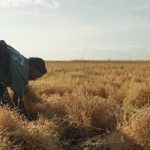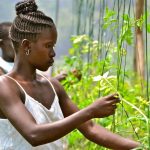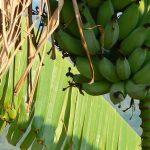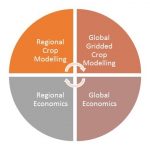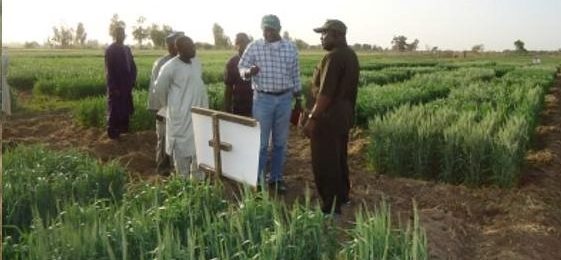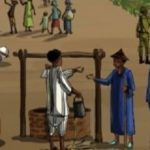By ICARDA Communication Team — This work received direct funding support from the CGIAR Research Program on Policies, Institutions, and Markets (PIM) through the Global Futures and Strategic Foresight (GFSF) Project. Open access was provided by PIM. An international partnership of research centers has found that increased investment in agriculture research and development could result >> Read more
Expanding livestock production in Asia and Africa key to environmental and human welfare gains
By Susan MacMillan, ILRI — Published this month in Global Food Security and led by scientists at the International Livestock Research Institute (ILRI), this paper confirms a wealth of similar evidence showing that, with sufficient and targeted investments in their livestock sectors, many low- and middle-income countries can achieve both better nutrition and incomes for >> Read more
Webinar: Climate resilience and job prospects for young people in agriculture
Climate change matters for all people. Does it matter particularly for young people? If so, where and how? Join this PIM Webinar on February 7 (Thursday) with Karen Brooks (Georgetown University) and Keith Wiebe (IFPRI) to learn more and discuss! Countries with a high proportion of young job seekers (for example, those projected in 2030 to have 15% or more >> Read more
Risk of increased food insecurity under stringent global climate change mitigation policy
By Tim Sulser, IFPRI— Several IFPRI-based GFSF researchers were pleased to join with other authors from AgMIP (led by Tomoko Hasegawa from the National Institute for Environmental Studies of Japan) to publish an article, "Risk of increased food insecurity under stringent global climate change mitigation policy," in Nature Climate Change. The article can be found >> Read more
CGIAR centres and research programmes combine forces to reduce the damage of banana disease in Uganda
By Bioversity International/RTB — Bananas and plantains (Musa spp.) provide a major source of food and income for over 30 million people in Eastern and Central Africa (ECA). Uganda produces an estimated 10 million tonnes annually valued at about US$550 million. Most ECA bananas are domestically consumed with the highest global per capita consumption of >> Read more
IFPRI contributions to AgMIP-Phase II
By Daniel Mason D'Croz, IFPRI — The Agricultural Model Intercomparison and Improvement Project (AgMIP) has been and continues to be an important forum for agricultural modelers to come together and compare their modeling efforts, with the objective to improve our understanding of the uncertainties facing agriculture, and to leverage modeling tools to better inform policymakers. >> Read more
Prospects for wheat self-sufficiency in sub-Saharan Africa based on adoption of improved management practices and wheat area expansion
By Aymen Frija, ICARDA — In the framework of the R&D SARD-SC project funded by the AfDB, and as part of the Global Futures & Strategic Foresight program, the ICARDA foresight team recently used the IMPACT model used to assess the effect of the adoption of improved wheat management and areas expansion (AE) on the >> Read more
MINK: Process-based crop modeling for global food security
By Richard Robertson, IFPRI — Over the last decade, computer models of crop growth have increasingly been used to understand how climate change may affect the world's capacity to produce food. The International Food Policy Research Institute (IFPRI) has undertaken a major sustained effort to analyze changes in the productivity of major crops across the >> Read more
Global Futures & Strategic Foresight Extended Team Meeting at IRRI, 15-19 May 2017
By Keith Wiebe — IRRI recently hosted the Global Futures & Strategic Foresight (GFSF) Extended Team Meeting and Writeshop from May 15-19, 2017. GFSF is a CGIAR initiative to explore long-term trends, challenges, and policy options for food and agriculture through multidisciplinary foresight analysis. GFSF is led by IFPRI in collaboration with AfricaRice, Bioversity, CIAT, CIFOR, >> Read more
Exploring impacts of climate and socioeconomic change in West Africa
By Daniel Mason-D'Croz and Shahnila Islam, IFPRI Climate change will likely have a negative effect on the agriculture sector in West Africa due to changing precipitation patterns and increasing temperatures. These changes can have negative impacts on food security in the region and, ultimately, the consequences of these changes will depend in part on society’s >> Read more
